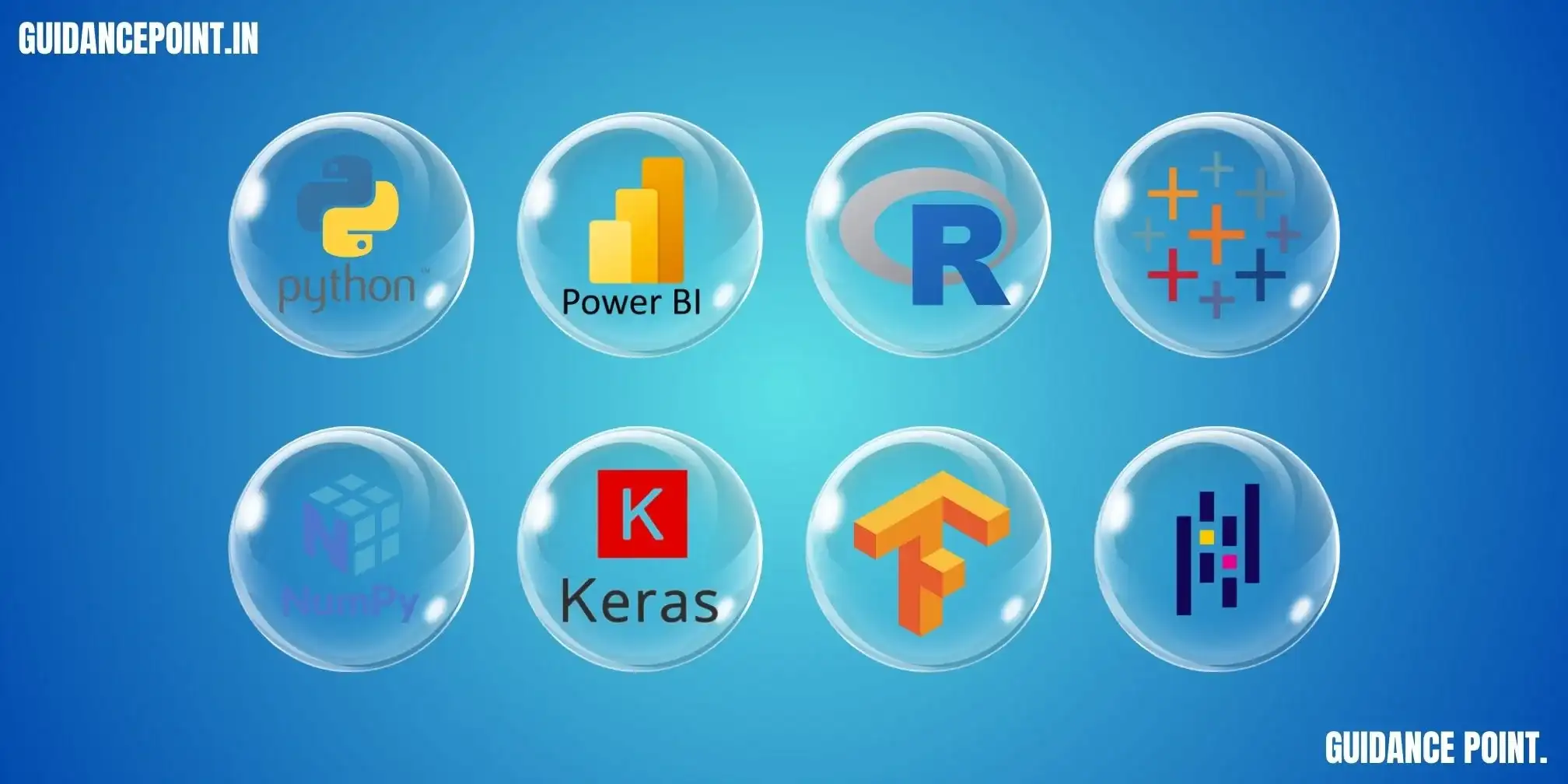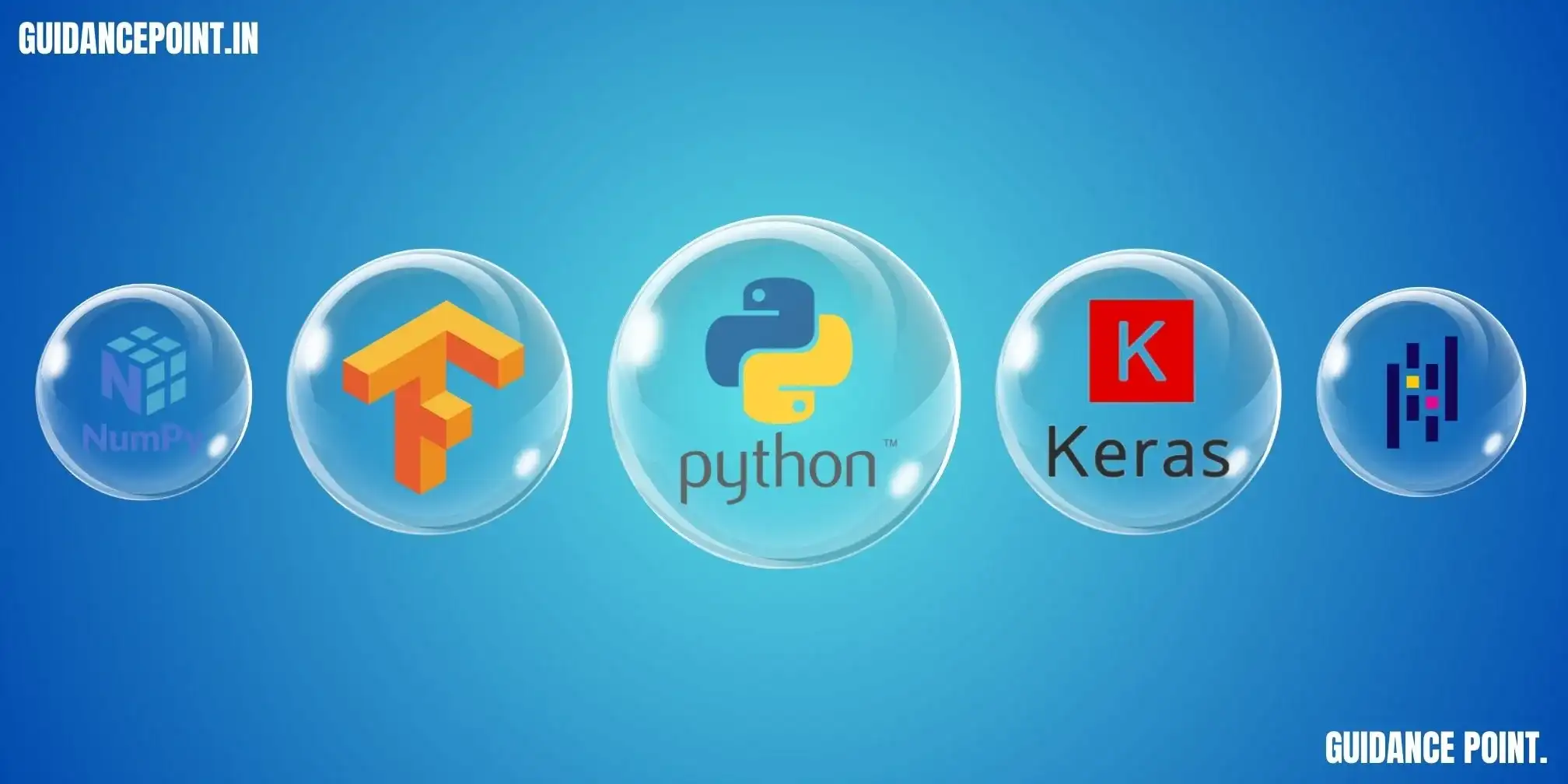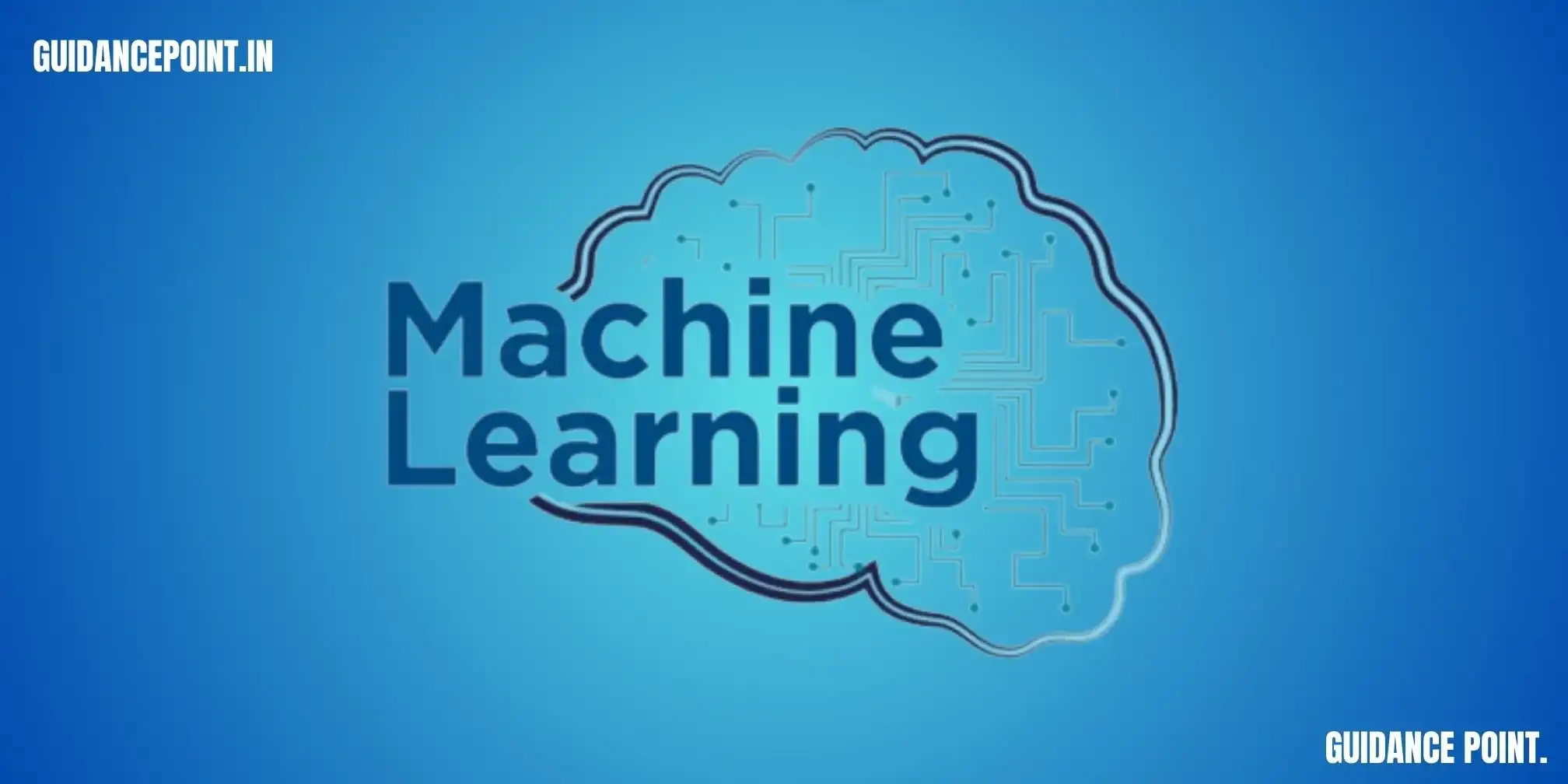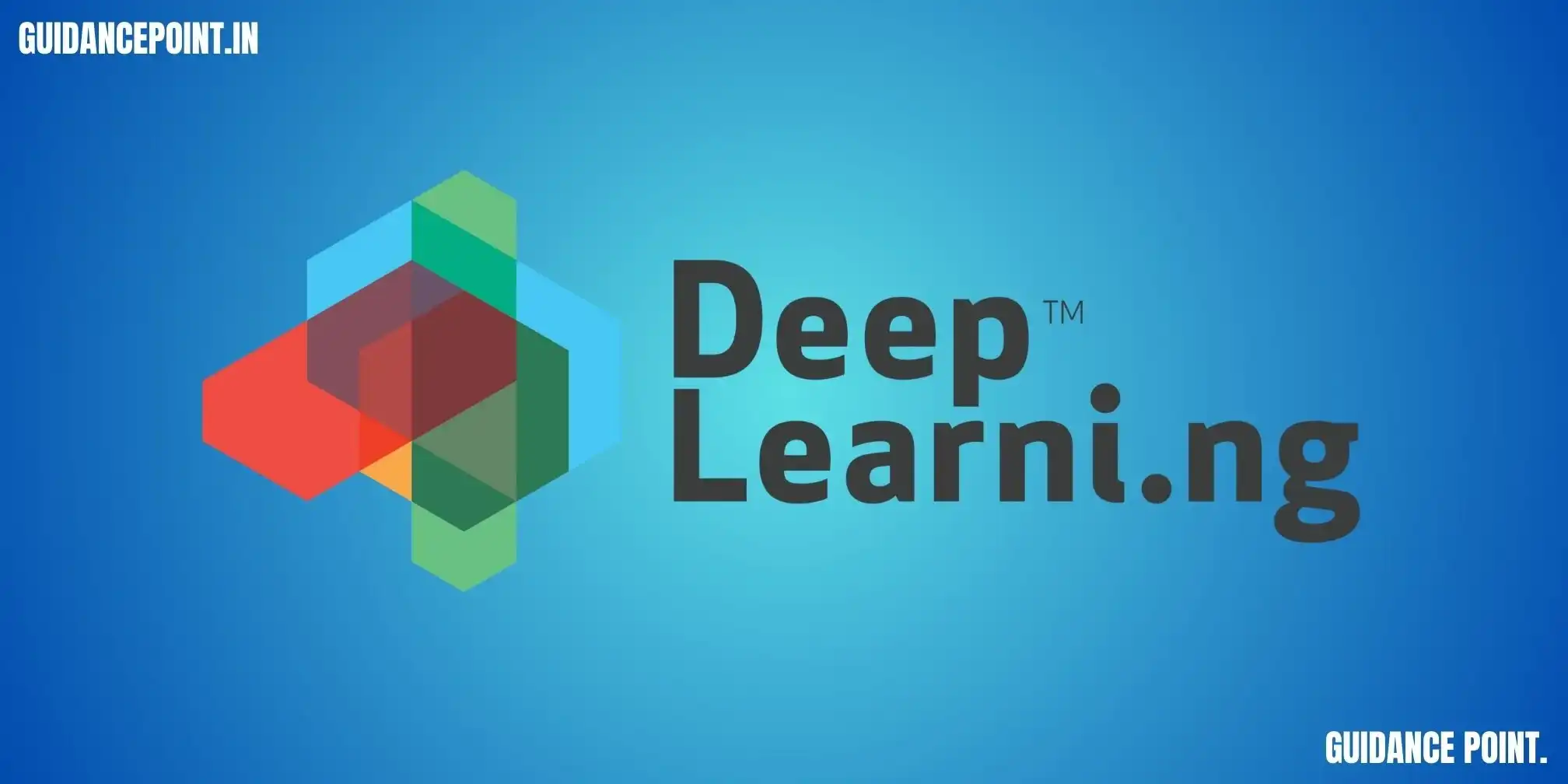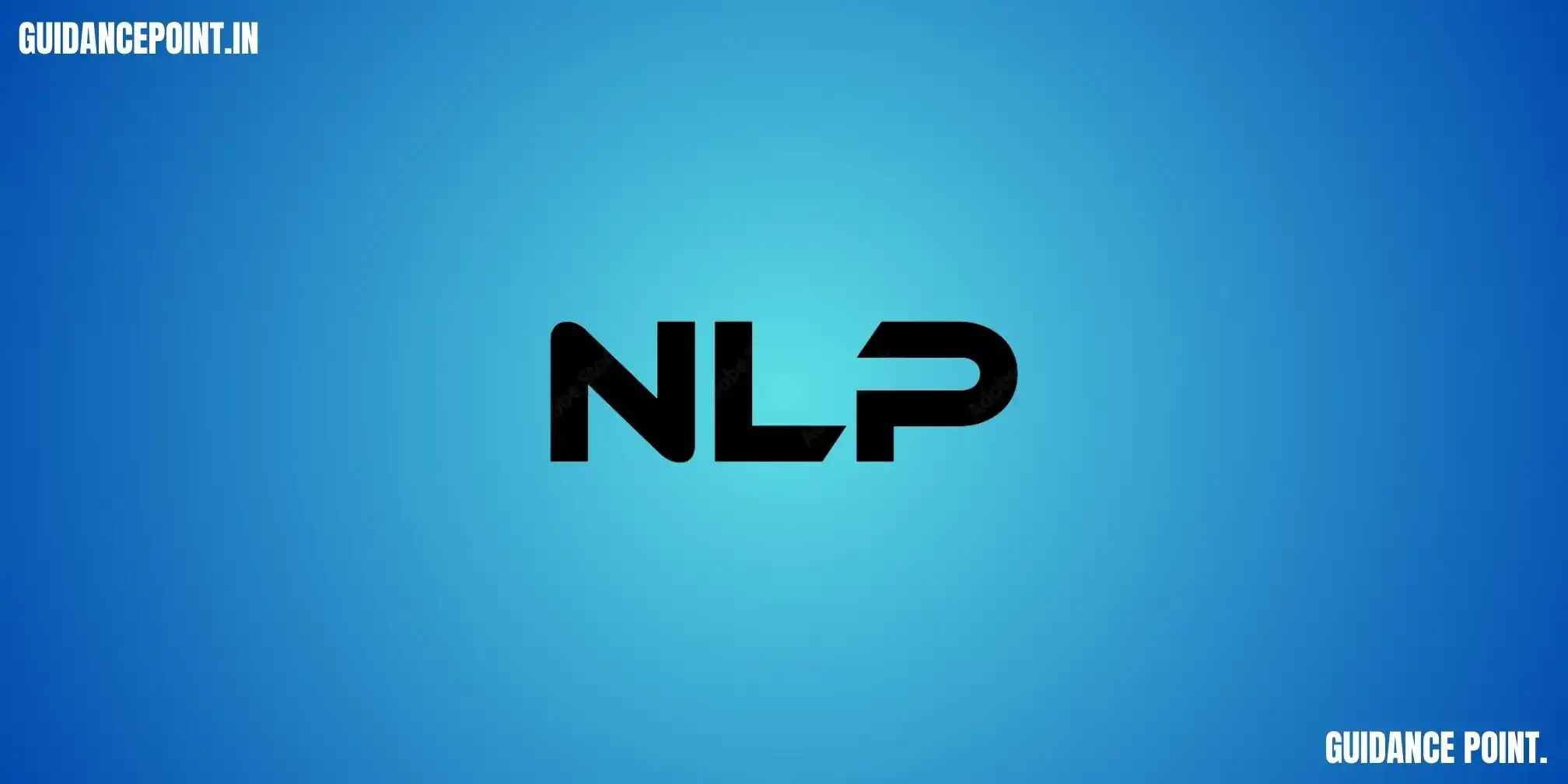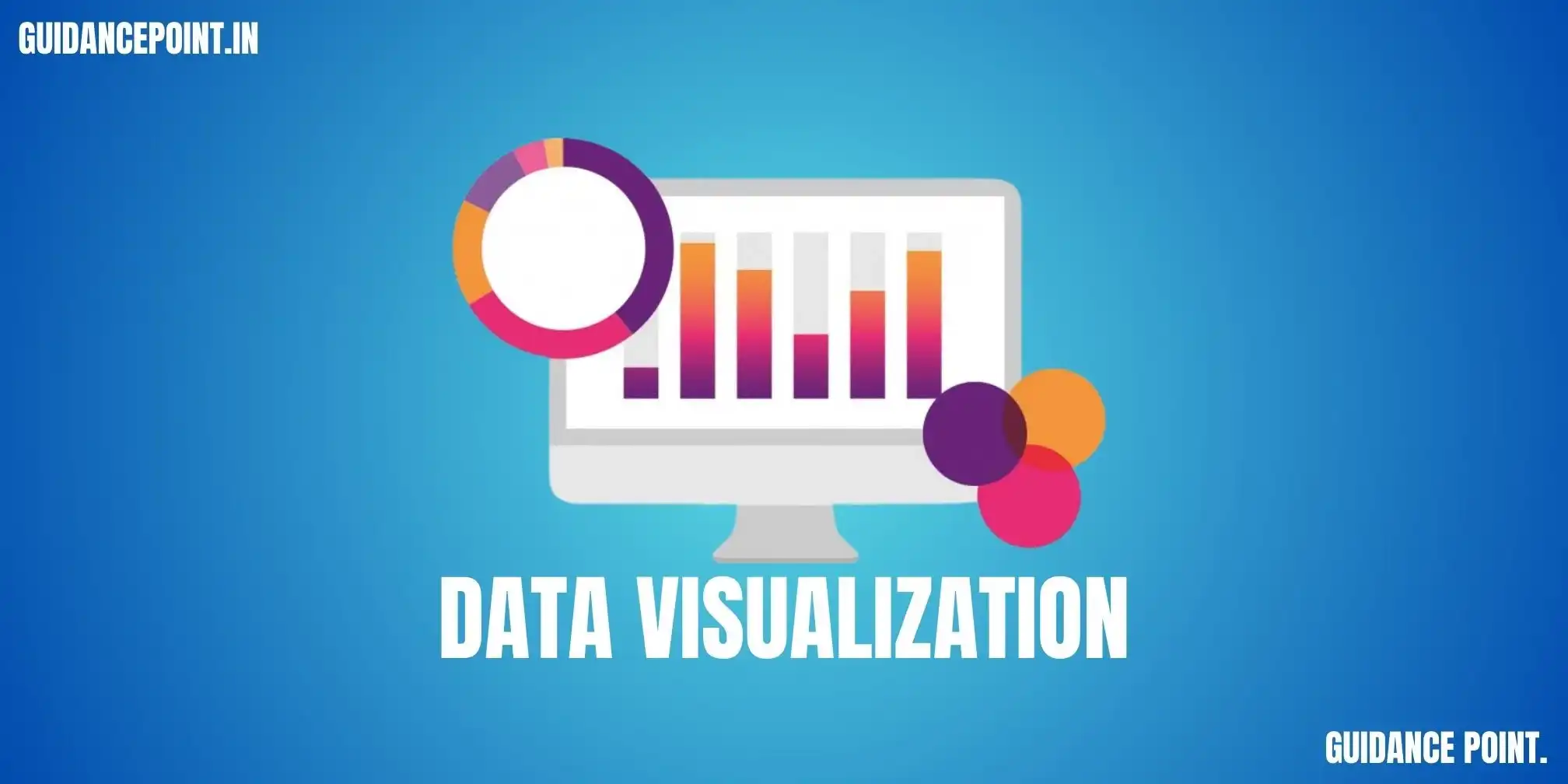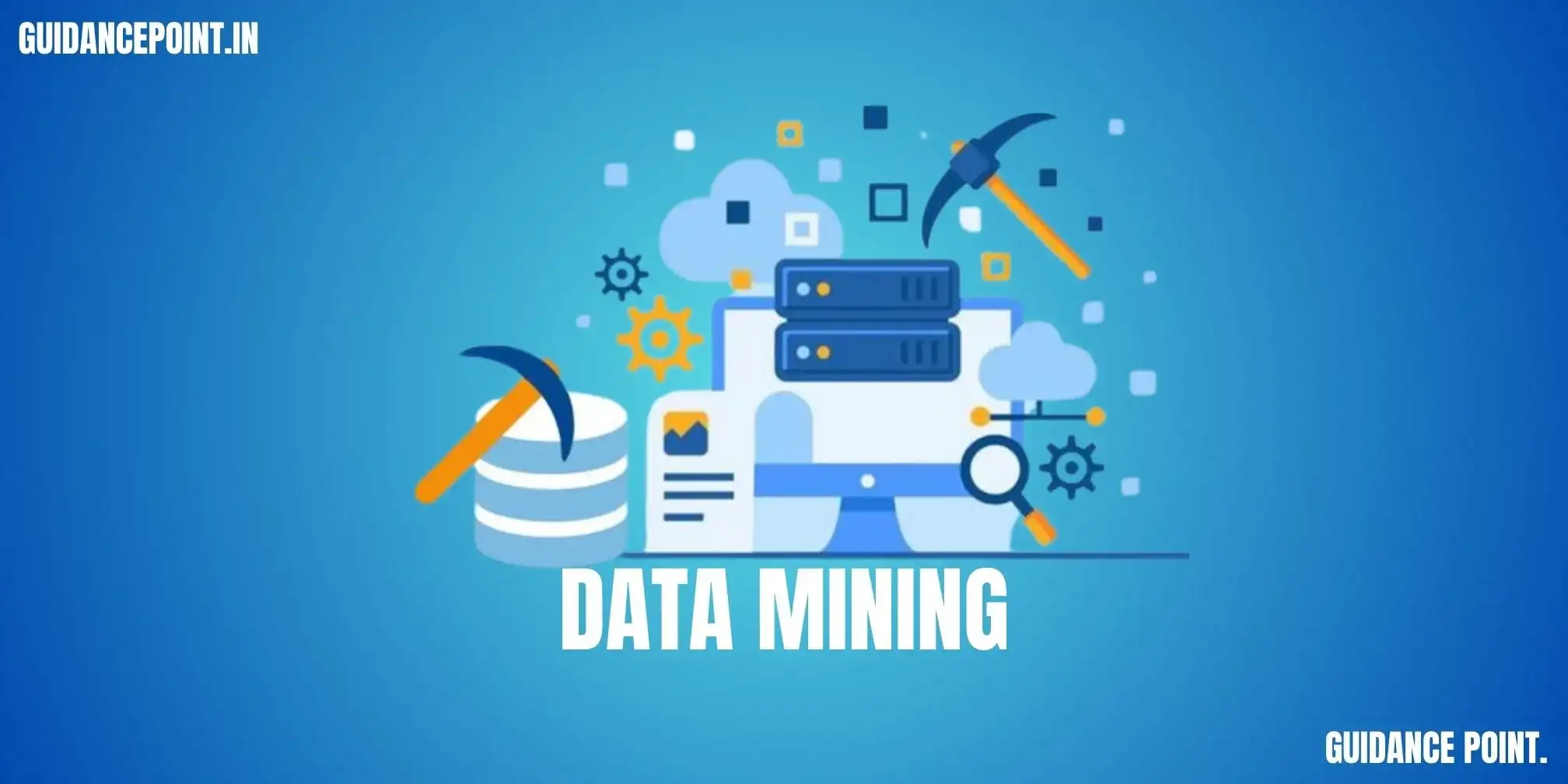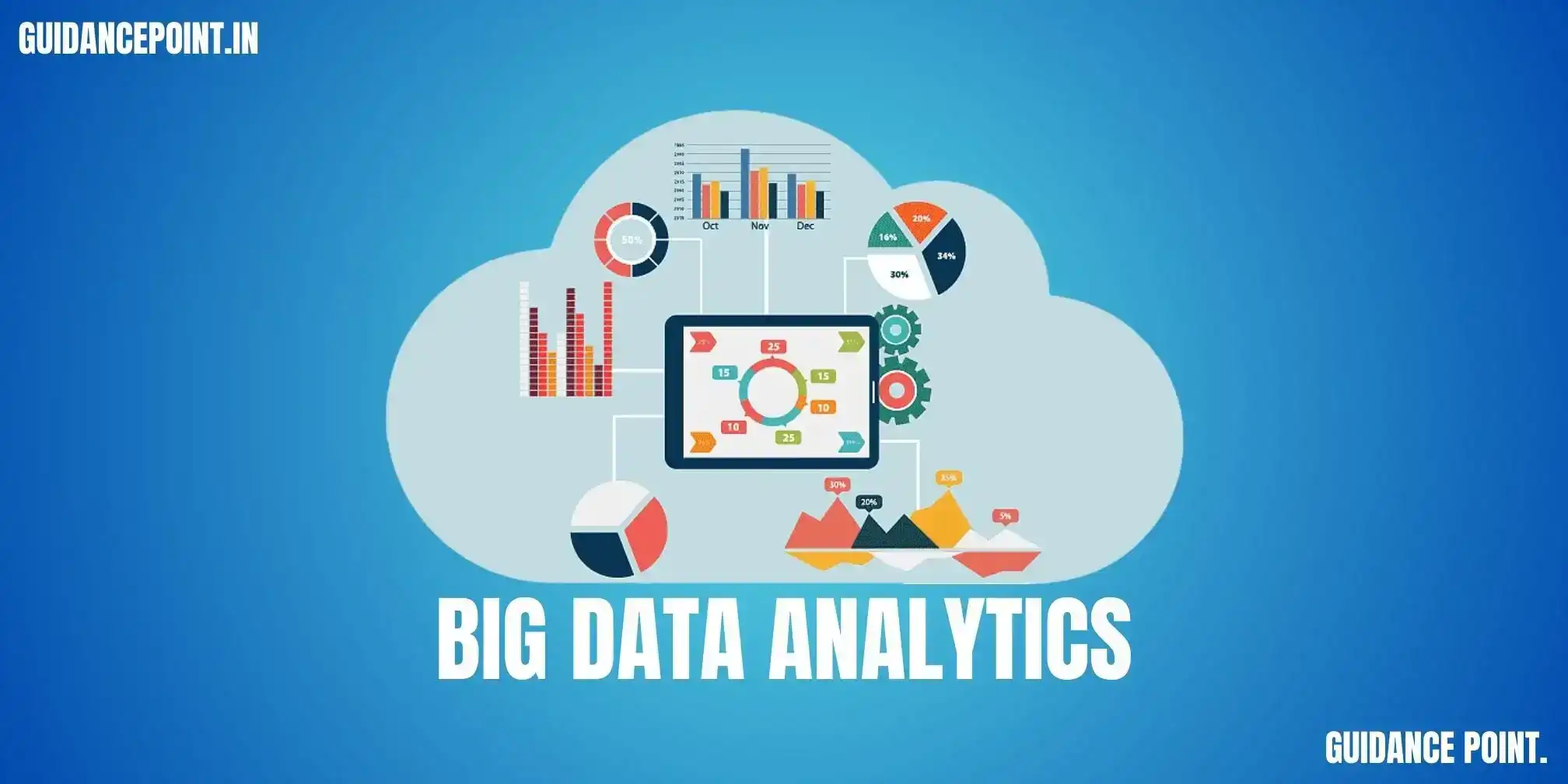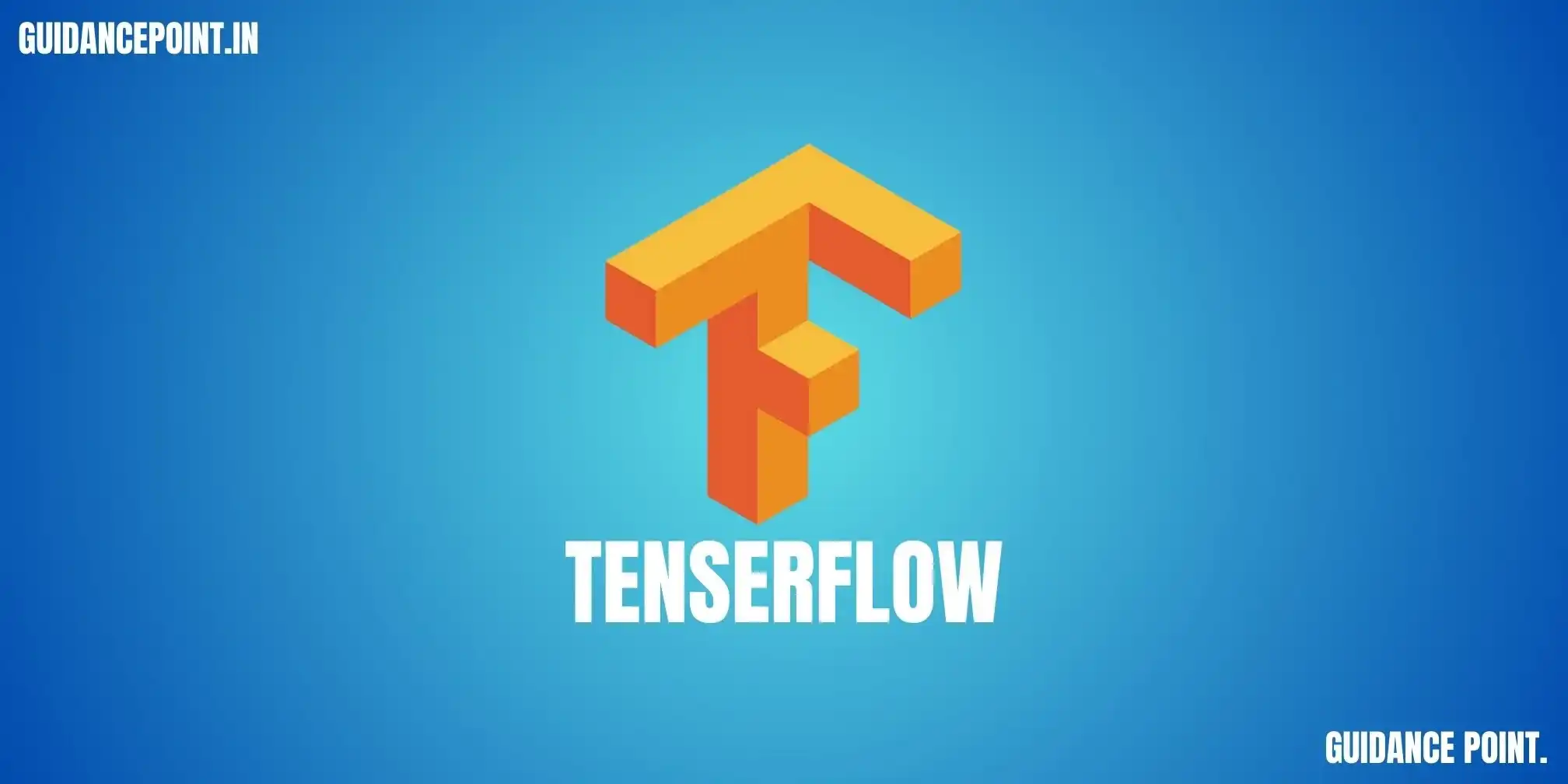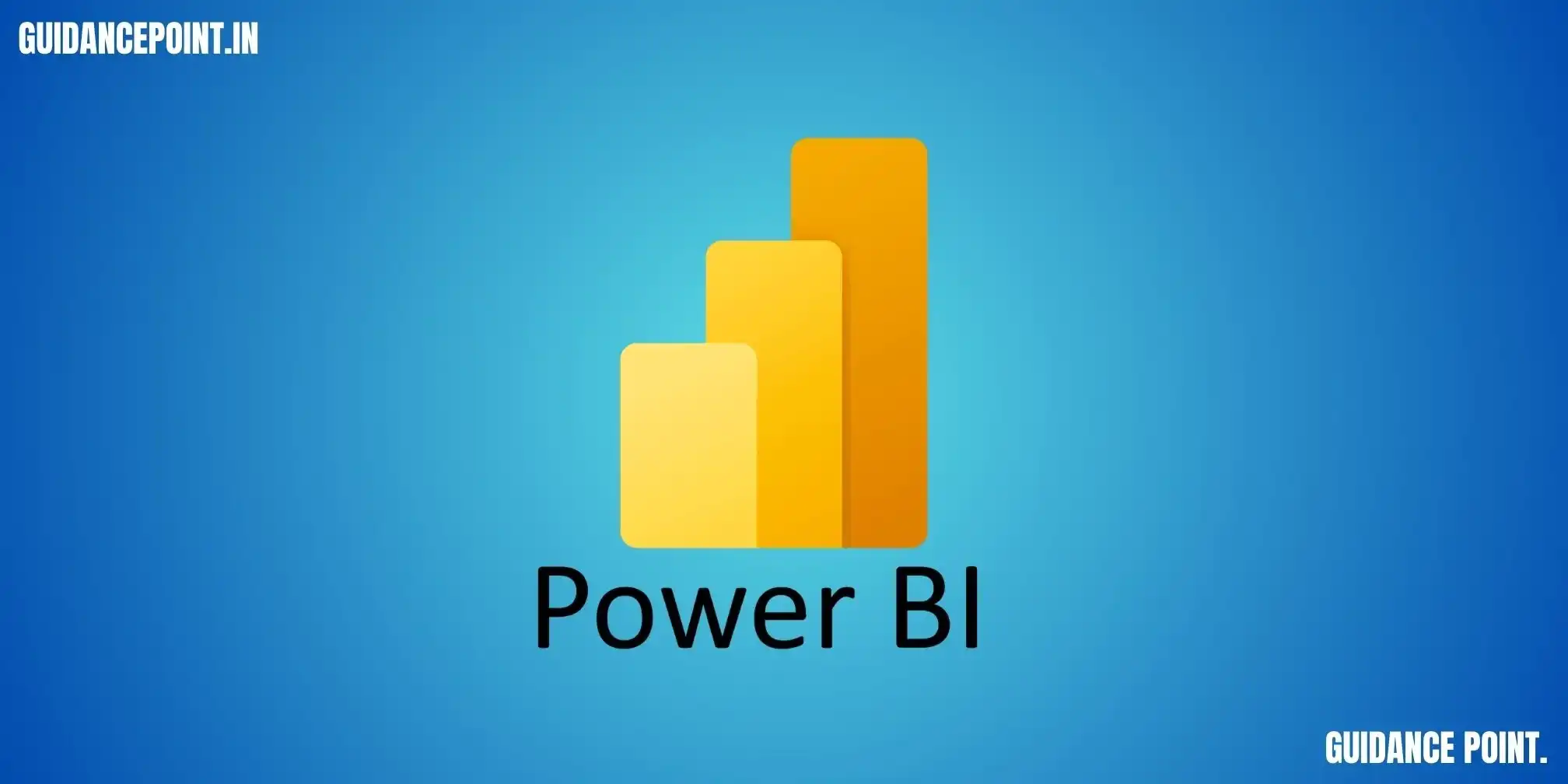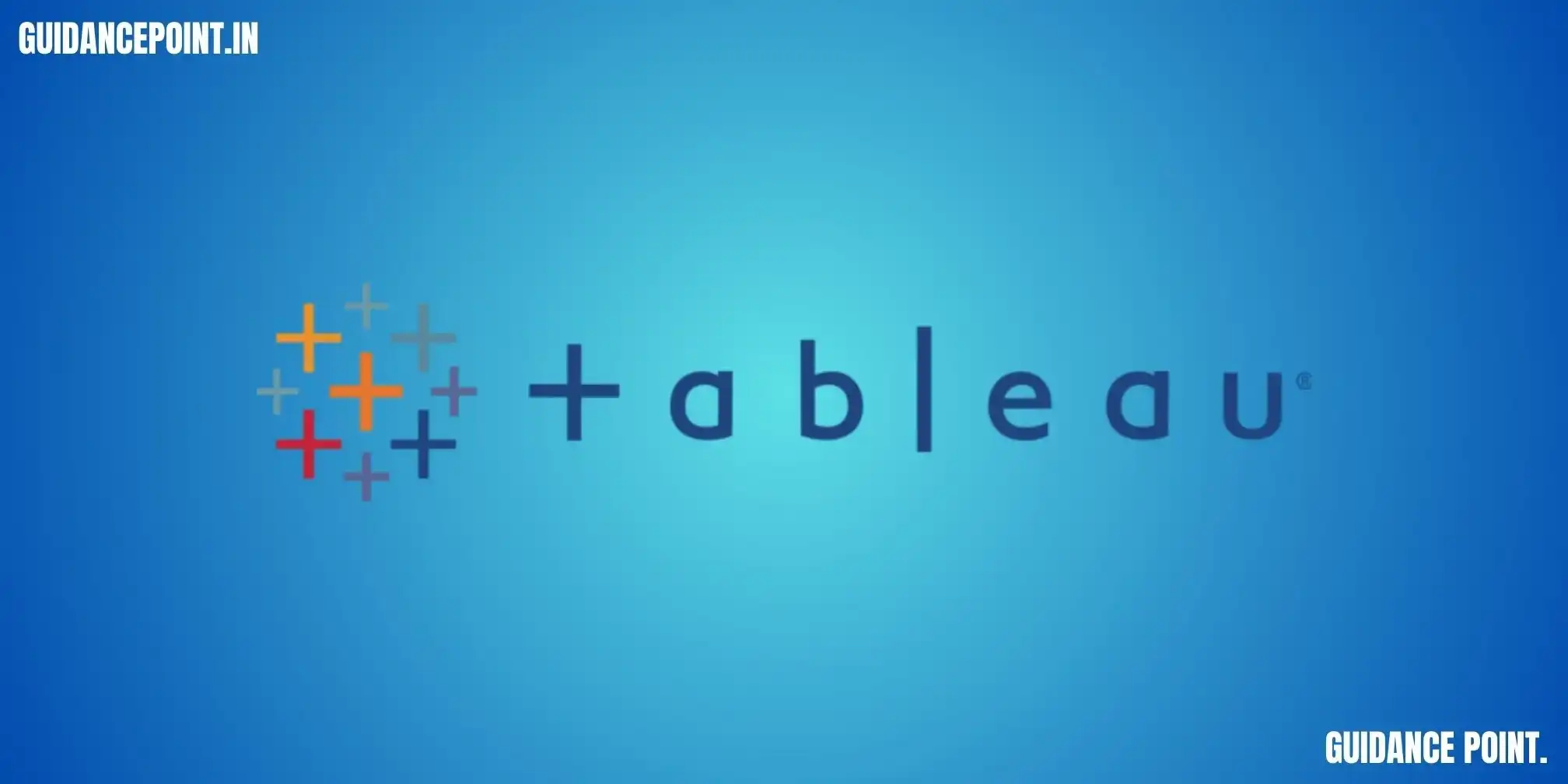Best Data Science with R Training in Pune
Welcome to our comprehensive Data Science with R Course, where we dive into the world of statistical computing and data analysis using the Data Science with R programming language. R has become one of the most widely used programming languages for statistical analysis, data visualization, and machine learning, making it an essential tool for data scientists, statisticians, and analysts alike.
Whether you're new to programming or looking to expand your skills in data analysis, our course is designed to provide you with the knowledge and practical experience needed to harness the power of Data Science with R for data-driven insights and decision-making. Ready to unlock the power of R programming for data analysis and take your analytical skills to the next level? Enroll in our Data Science with R Course today and embark on a journey towards becoming a proficient data analyst with R.

